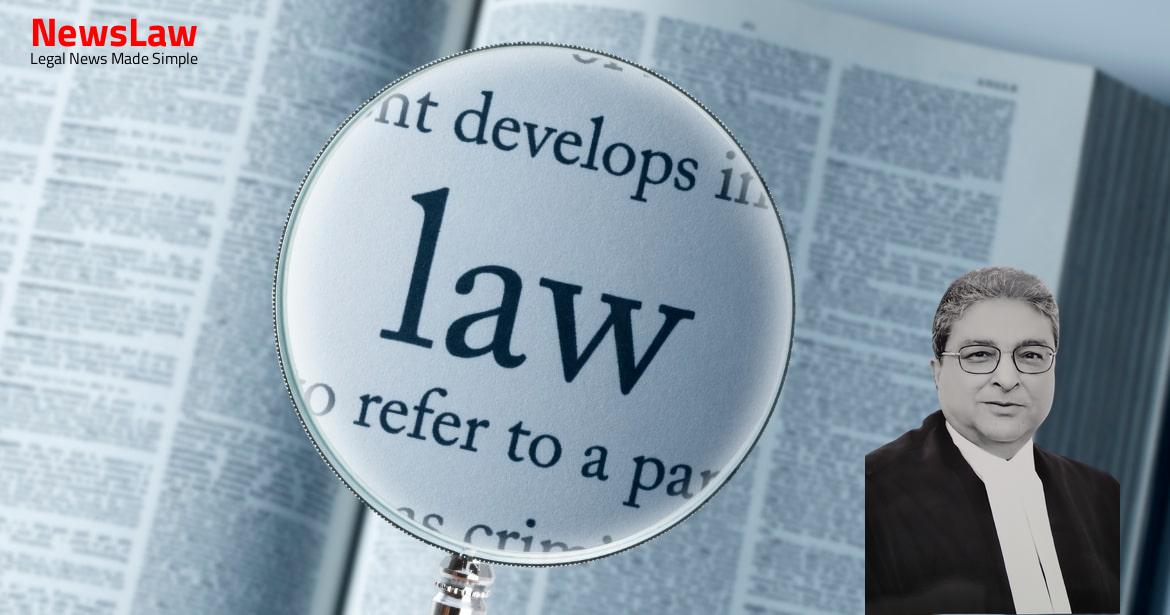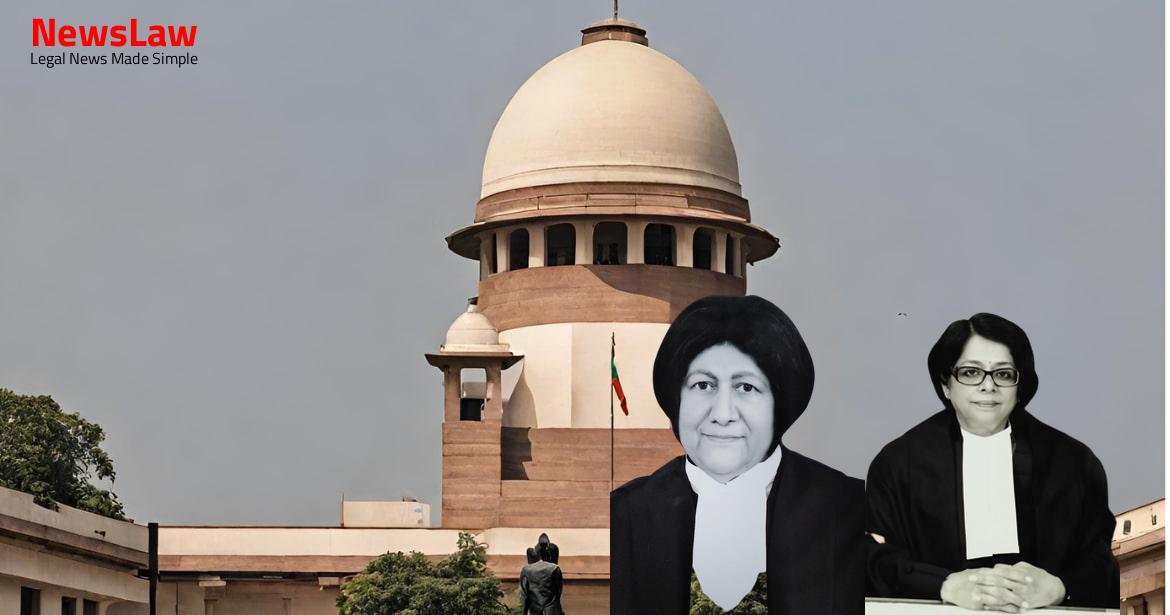In a significant legal development, the Supreme Court of India has nullified a judgement concerning the Land Acquisition Act. The case involved a dispute over a Review Award passed beyond the specified time limit, affecting the compensation awarded in a land acquisition matter. Stay tuned to understand the details of this ruling and its implications. #LandAcquisition #SupremeCourt #LegalCase
Facts
- Two Writ Petitions were dismissed by a common judgment dated 04.03.2010 by the Division Bench of the Delhi High Court.
- On 14.07.2004, a Review Award reduced compensation by Rs.49,39,195 due to alleged illegal structures on the land.
- Appellants were unaware of the Review Award at the time.
- A Supplementary Award of Rs.45,36,781.64 was passed for compensation for trees on the land.
- Appellants filed Writ Petition (C) No.2185 of 2008 for release of compensation from Supplementary Award.
- After learning about the Review Award through an RTI application in 2007, appellants filed Writ Petition (C) No.381 of 2009 challenging the Review Award.
Also Read: Justice Served: Ruling in the Case of CISF Appointment
Issue
- Whether under the Land Acquisition Act, 1894, the Award could be reviewed after being passed under Section 11 of the Act
- Specifically considering the provisions of Section 13A of the Act
- Clarification on whether the Act allows for review of the Award once it has been passed
Also Read: High Court’s Legal Analysis in Guarantor Protection Case
Arguments
- The Supplementary Award dated 27.10.2004 was passed for compensation of trees on the land of the appellants.
- The appellants contend that the Award passed on 01.10.2003 became final as per Section 12 of the Act.
- They argue that the Award could not have been reviewed under any provision of the Act.
- Section 13A of the Act only allows the Collector to correct clerical or arithmetical mistakes within six months.
- The appellants assert that the Award dated 01.10.2003 had attained finality and could not be reviewed under any provision of the Act.
- Respondent’s Counsel argued that a mistake in the Award could be corrected at any time.
- The Award included compensation for an illegal structure, which should not have been paid to the petitioner.
- The correction was made on the instruction of the Secretary, Land and Building, and approved by the Lieutenant Governor.
Also Read: Legal Analysis of Eviction Notice Requirement in Rent Control Act Case
Analysis
- The Review Award dated 14.07.2004 was passed beyond the six-month limit specified for correction of clerical or arithmetical mistakes under Section 13A of the Act.
- The Review Award, which deducted compensation for the structure on the land on the ground of illegality, amounted to a review of the original Award and not a correction of clerical or arithmetical mistake.
- The power of review can only be exercised if provided for by the statute, and since there is no provision for review in the Land Acquisition Act, 1894, the Review Award was unjustified.
- The notice of proceedings in the Review Award was disputed by the appellants, who claimed they had no knowledge of such proceedings.
- Section 13A of the Act allows for correction of clerical errors in the Award but not for review, and such corrections must be made within six months from the date of the award.
- Collector has the authority to correct clerical errors or mistakes in the award within six months from the date of the award.
- Corrections can also be made before making a reference to the Court under section 18.
- The corrections can be done on the Collector’s initiative or upon application by any person interested or a local authority.
- No correction that may prejudice any person can be made without giving that person a reasonable opportunity to represent their case.
- Immediate notice of any corrections made in the award must be provided to all persons interested.
- Review application is not maintainable in case of judicial/quasi-judicial orders unless permitted by statute/rules.
- Review is a creation of statute and not an inherent power.
- In the absence of an express power of review granted by the Act, a review cannot be conducted.
- An order in review, if passed without statutory authority, is ultra vires, illegal, and lacks jurisdiction.
- Jurisdiction of review can only be derived from the statute
- Any order of review in the absence of statutory provision is a nullity
- Entertaining an application for review without statutory provision is not permissible
Decision
- The Award dated 01.10.2003 could not have been reviewed by the Collector.
- The order dated 04.07.2004 passed by the Collector in Review Award No.16/03-04 and the order dated 04.03.2010 passed by the Delhi High Court in Writ Petition (C) No.2185 of 2008 and Writ Petition (C) No.381 of 2009 are quashed.
- The appellants are entitled to the compensation as awarded in terms of the Award of the Land Acquisition Collector dated 01.10.2003 and the Supplementary Award dated 27.10.2004.
- No orders as to costs.
Case Title: NARESH KUMAR Vs. GOVT.OF NCT OF DELHI
Case Number: C.A. No.-006638-006638 / 2010



